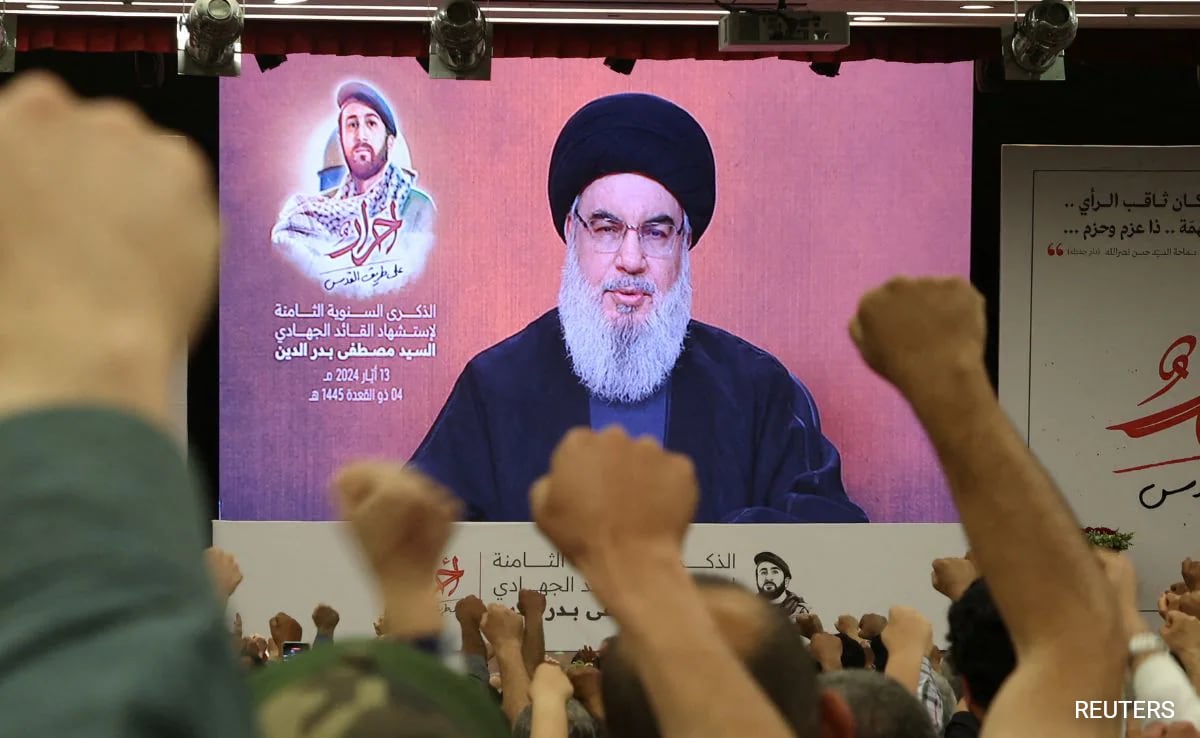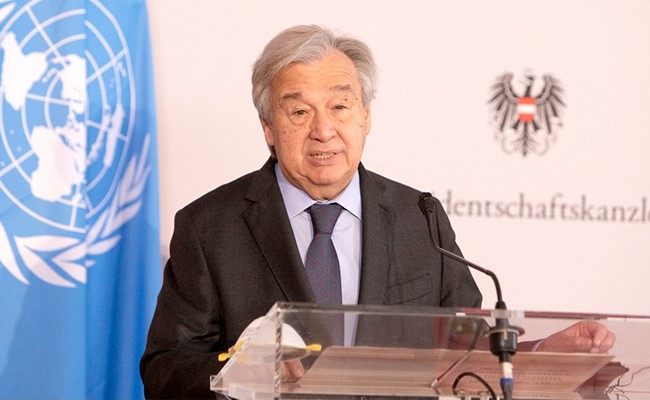In this June 16, 2020, image released by the North American Aerospace Defence Command, a Russian Tu-95 bomber, top, is intercepted by a U.S. F-22 Raptor fighter off the coast of Alaska. File
| Photo Credit: AP
Russian and Chinese jets staged a joint patrol over far eastern Russia and the Bering Sea near Alaska but Moscow and Beijing stressed it was not aimed at any “third party”.
Wednesday’s flights, with nuclear-capable bombers, came days after Moscow said the United States sent its own strategic bombers close to Russian airspace.
Russia said its “Tu-95MS strategic missile carriers and the Chinese air force’s Xian H-6 strategic bombers carried out an aerial patrol over the Chukchi and Bering Seas and the north Pacific Ocean”.
The joint US-Canadian North American Aerospace Defense Command (NORAD) earlier said American and Canadian warplanes had intercepted two Russian and two Chinese bombers in international airspace near Alaska on Wednesday.
It said the bombers “remained in international airspace” and were “not seen as a threat”.
Moscow said the patrol observed international law and did not breach foreign airspace, adding that “at certain stages of the route, the aviation group was accompanied by fighter jets of foreign countries”.
The patrol was part of “a plan of military cooperation for 2024 and not directed against third countries,” Moscow said.
China’s defence ministry also said that the patrol was “not aimed at a third party” and “has nothing to do with the current international and regional situation”.
Russia’s defence ministry posted images of planes taking off and landing as well as footage from the air.
The TU-95MS planes were developed in the Soviet era to carry long-range cruise missiles and are part of Russia’s nuclear triad. The Xian H-6 planes are also nuclear-capable.
China and Russia have drawn closer amid Moscow’s offensive on Ukraine and the two countries hold joint military exercises regularly.
Russian President Vladimir Putin visited China in May on his first trip abroad after re-election and met his Chinese counterpart Xi Jinping again this month at a regional summit in Kazakhstan.
Russia said Sunday that it scrambled fighter jets to prevent two US strategic bomber planes from crossing its border over the Barents Sea in the Arctic.
The U.S. military routinely carries out flights over international waters, operations that it says are conducted in neutral airspace, but Moscow has responded more aggressively in recent months.














